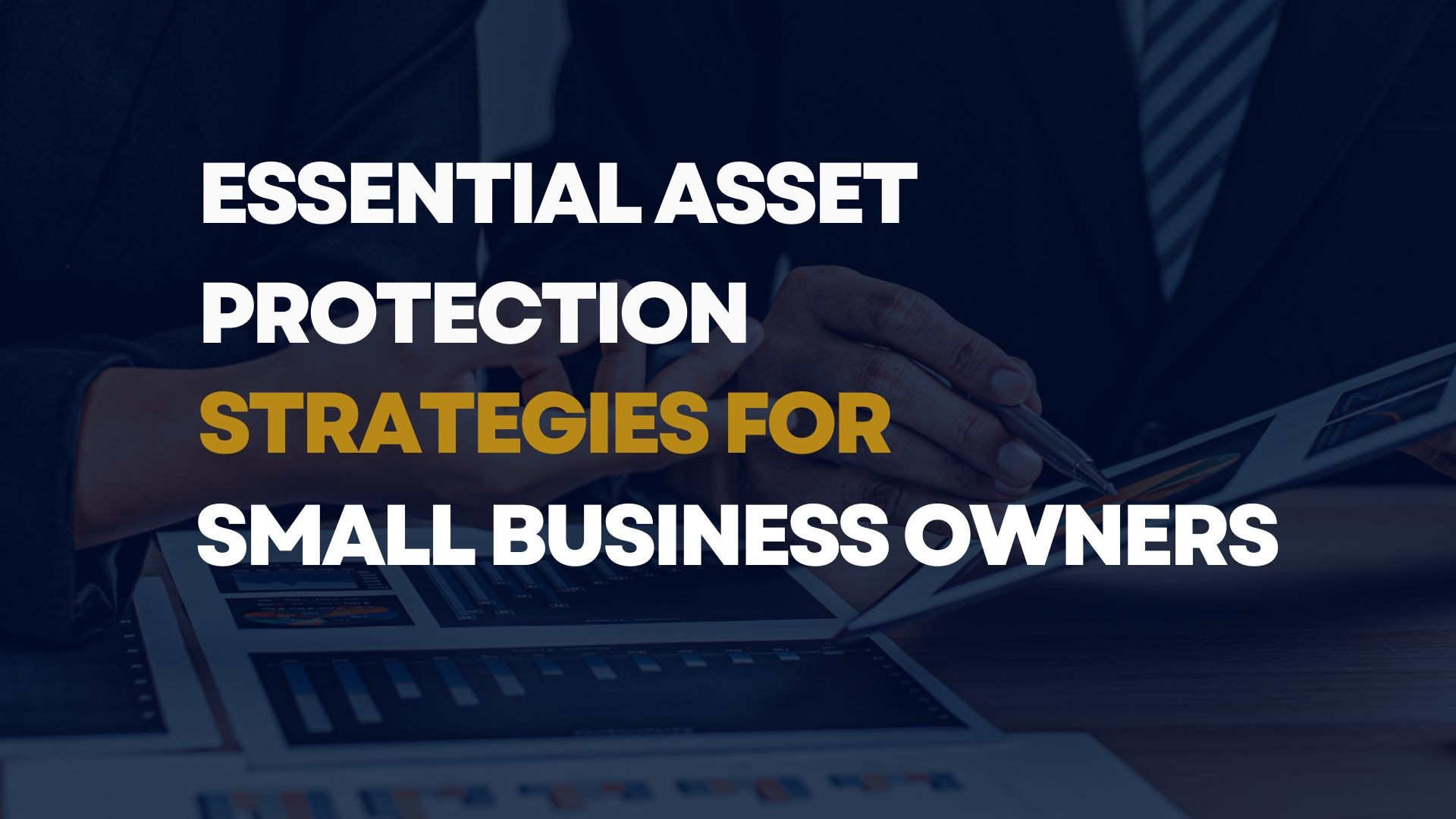It's crucial to determine how much your business is worth if you want to draw in new investors, sell your business, or provide prospective purchasers with an objective value. A business valuation may also be required if a business partner wishes to exit.
When deciding how much to charge for your business, choosing the appropriate valuation method depends on the individual business’s circumstances, e.g. the asset valuation method may be the most appropriate for a business making losses.
Here are the four crucial stages to follow when determining a company's value:
1. Prepare Documents
Before determining the value of your firm, you must organise a number of documents. If you already have a buyer in mind, they could want to conduct the valuation themselves. Therefore, you need to be able to give them the information they require. We work with our clients to create this data room to simplify this process for both parties. Some of these documents include:
We create a “data room” to consolidate these documents so that they can be accessed easily and in a timely manner. When possible, strive to provide papers for the previous five years when it comes to financial statements.
2. Consider Professional Advice
It could be worthwhile to seek professional advice if you have never valued a business before. Accounting professionals with experience who offer business advisory services can aid in the analysis of your finances, market trends, and other elements that could impact the worth of your company. They may also have other clients looking to purchase the type of business you are selling, which can reduce business broker commission and advertising fees.
3. Select A Valuation Method
There is no standard technique of valuation that organisations must adopt, and some even combine methodologies to arrive at a final value. Business valuation is often said to be more of an art than a science. Before proceeding, ask your investor or buyer if they have a preferred approach. Typical methods of valuation include:
4. Estimate Future Profitability
Your company's profitability is more important to investors and buyers than its current valuation. Finance statements that show expansion through time and growth trends can be used to show how profitable your company is. If you have little document proof, you can also look at patterns for businesses that are comparable to yours. When discussing the price of your company for sale, profitability is crucial. The only exception to this could be a strategic acquisition where a competitor may see your business as a future potential competitor despite not showing profits or generating cash at this point in time.
When you’re ready to get what you want and truly deserve out of your business, we’re here to help.
Here are a few ways we can help you
The information on this website is general in nature and does not consider your personal situation. You should consider whether the information is appropriate to your needs and, where appropriate, seek professional advice.
.jpg)
The Emergence of Child Maintenance Trusts

This article discusses the 5 layers of asset protection available for SME owners.